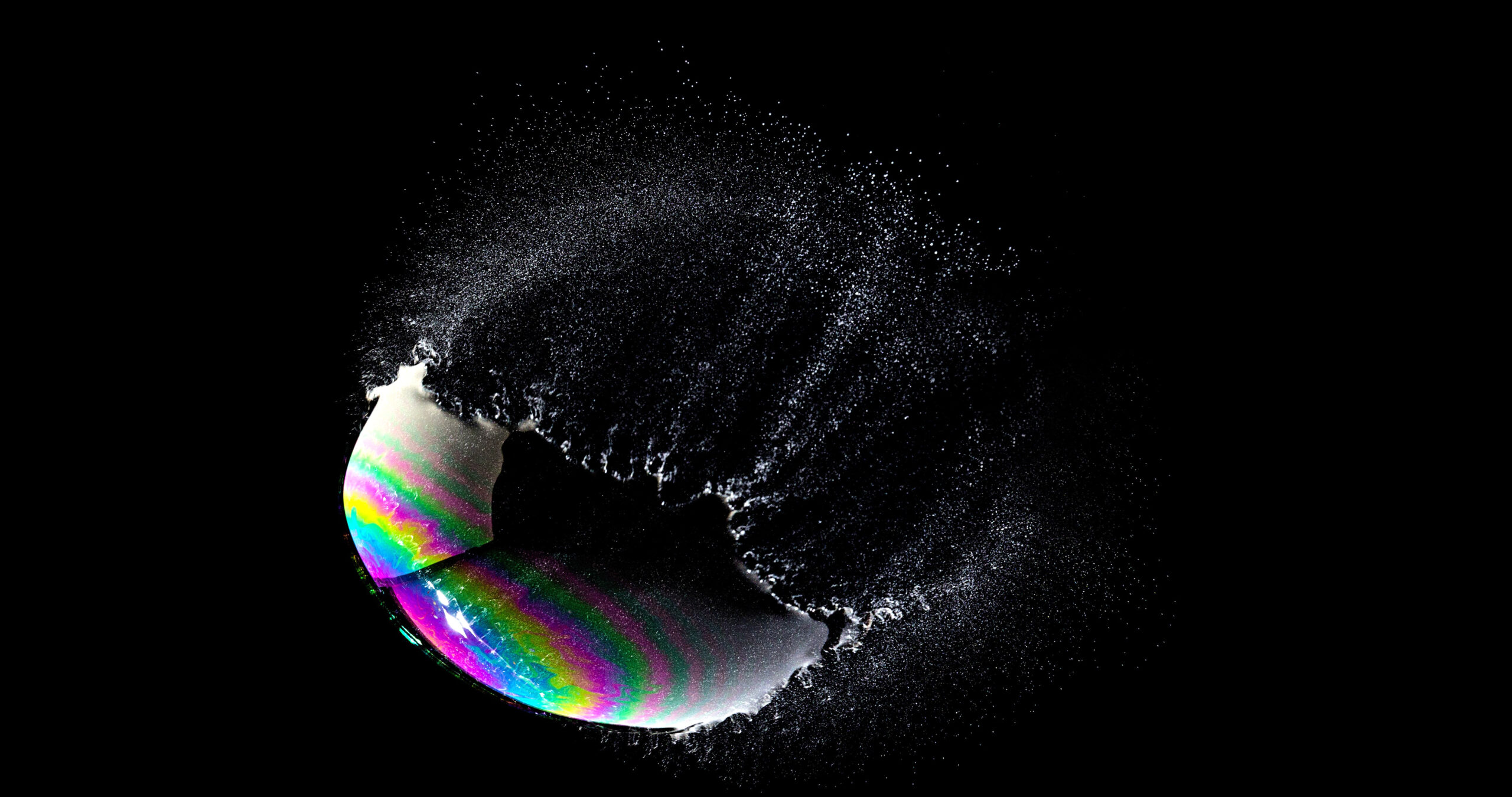The Guardians of Professional Knowledge
Early in the second Trump administration, health information started to disappear from government websites including those maintained by the CDC and NIH. Commentators have begun to wonder how to protect the agencies themselves and what role the health professions might play in responding to rapid changes in health policy and the federal government’s relationship to…

Published
Author
Share
Early in the second Trump administration, health information started to disappear from government websites including those maintained by the CDC and NIH. Commentators have begun to wonder how to protect the agencies themselves and what role the health professions might play in responding to rapid changes in health policy and the federal government’s relationship to scientific inquiry.
I suggest that it is incumbent on the professions, including the medical profession, to consider themselves the guardians of professional knowledge. The professions are best thought of as knowledge communities whose reason for existence is the generation and dissemination of knowledge. Conceptualizing the professions as knowledge communities informs how they are regulated: licensing requirements, unauthorized practice laws, professional malpractice liability, informed consent, fiduciary duties, and the scope of protection for professional advice disseminated between professional and client or patient within the relationship. The justification for these legal peculiarities applied only to professionals is premised on specialized knowledge.
In the medical context, patients seek professional advice because medical professionals have knowledge that patients lack but require for making important decisions about their own health. Patients expect to receive competent, accurate, and comprehensive advice. They expect that they can trust the professional to act in their best interest, and that they can rely on the professional’s advice. And, if things still go wrong, they expect that the professional will be held liable for harm caused by bad advice. These intuitions are based on the asymmetry of knowledge that characterizes the professional relationship.
The professional relationship requires the integrity of advice according to the knowledge community’s insights. Thus, professional knowledge should be protected against state regulation that contradicts it; such regulation ought to be considered in violation of the First Amendment. Whether professional advice is good or bad hinges on whether its content aligns with or contradicts professional knowledge. Compare here the bans on conversion therapy, most recently upheld by the Tenth Circuit in Chiles v. Salazar, which align with professional insights, with the prohibition against physicians asking patients about gun ownership, struck down by the Eleventh Circuit in Wollschlaeger v. Florida (known popularly as the “Docs v. Glocks” case), which contradicts professional knowledge.
Professional malpractice liability, where the standard of care is custom, illustrates the profession’s role in distinguishing good advice from bad. It is the knowledge community that determines the standard of care as reflecting distinctive expertise. If liability is properly measured against the standard of care determined by the profession, the knowledge community’s formation of this standard must be insulated from outside interference.
Individual professionals might depart from the knowledge shared in their profession for a variety of reasons. They could be the highly sought after person ahead of the curve who had a truly paradigm-shifting idea. Or they might have religious, political, or philosophical objections to professional insights that are not grounded in the profession’s shared ways of knowing and reasoning, placing themselves outside of their professional knowledge community to the extent shared justifications are not available. The shared ways of knowing and reasoning are generally accepted as valid among members of the knowledge community irrespective of their personal commitments. Typically, patients will accept professional advice justified by the knowledge community’s shared ways of knowing and reasoning, whether or not their priors otherwise align with the advice-giving professional’s. To be sure, there are contested areas where claims of expertise inextricably intersect with value judgments. Perhaps the most prominent and challenging examples involve beginning and end-of-life scenarios that will have a professional expertise component as well as profound religious and philosophical importance. Whereas no amount of specialized training by itself makes a professional more competent to render value judgments, ordinarily, acceptance of professional advice follows from its nature as expert knowledge, not based on individual exogenous commitments.
Here, too, medical malpractice law provides a useful lens. The “respectable minority” or “two schools of thought” doctrines, which are available as defenses against malpractice claims in many jurisdictions, account for the fact that a range of professional opinions may be valid. In addition to tort law, the law of evidence governing the admissibility of expert testimony also provides a foundation for basing good advice on a shared methodology and shared ways of knowing and reasoning. Both tort law and evidence have long acknowledged that knowledge communities are not monolithic. Both provide normative support to the position that the distinction between good and bad advice should be drawn by the knowledge community along the lines of a shared methodology and shared ways of knowing and reasoning. Whether advice clears the bar on the substance, moreover, is also for the knowledge community to decide.
As guardians of professional knowledge, the professions, including the medical profession, can take various steps to assert their role. The professions should renew their focus on protecting expertise. This could mean professional associations, such as the American Medical Association (AMA), speaking out publicly and forcefully on expertise-based policy matters. Moreover, professional groups could fill potential information gaps. For example, American College of Obstetricians and Gynecologists (ACOG) is hosting online content that was removed from the CDC website. Where appropriate, professional groups or professionals could also launch legal challenges.
For individual professionals, the mechanisms of professional discipline—from censure all the way to delicensing—can be employed to ensure adherence to professional standards. Finally, with respect to medical professionals in public office, my co-author Wendy Parmet and I noted that “[m]any of the reasons why physicians have an ethical obligation to provide patients with advice that aligns with professional standards also apply when physicians who hold public office— especially those who have responsibility for the public’s health—give health-related information and advice to the public writ large.” The profession can and should enforce those ethical standards accordingly.
The professions as knowledge communities have a fundamental interest in not having the state (or anyone else, for that matter) corrupt or distort what amounts to the state of the art in their respective fields. The resulting benefit is the generation of insights within the knowledge community that would not otherwise occur. As knowledge communities, then, the professions deserve and should command deference. As a corollary, they are responsible for maintaining the integrity of professional discourse according to professional standards.


